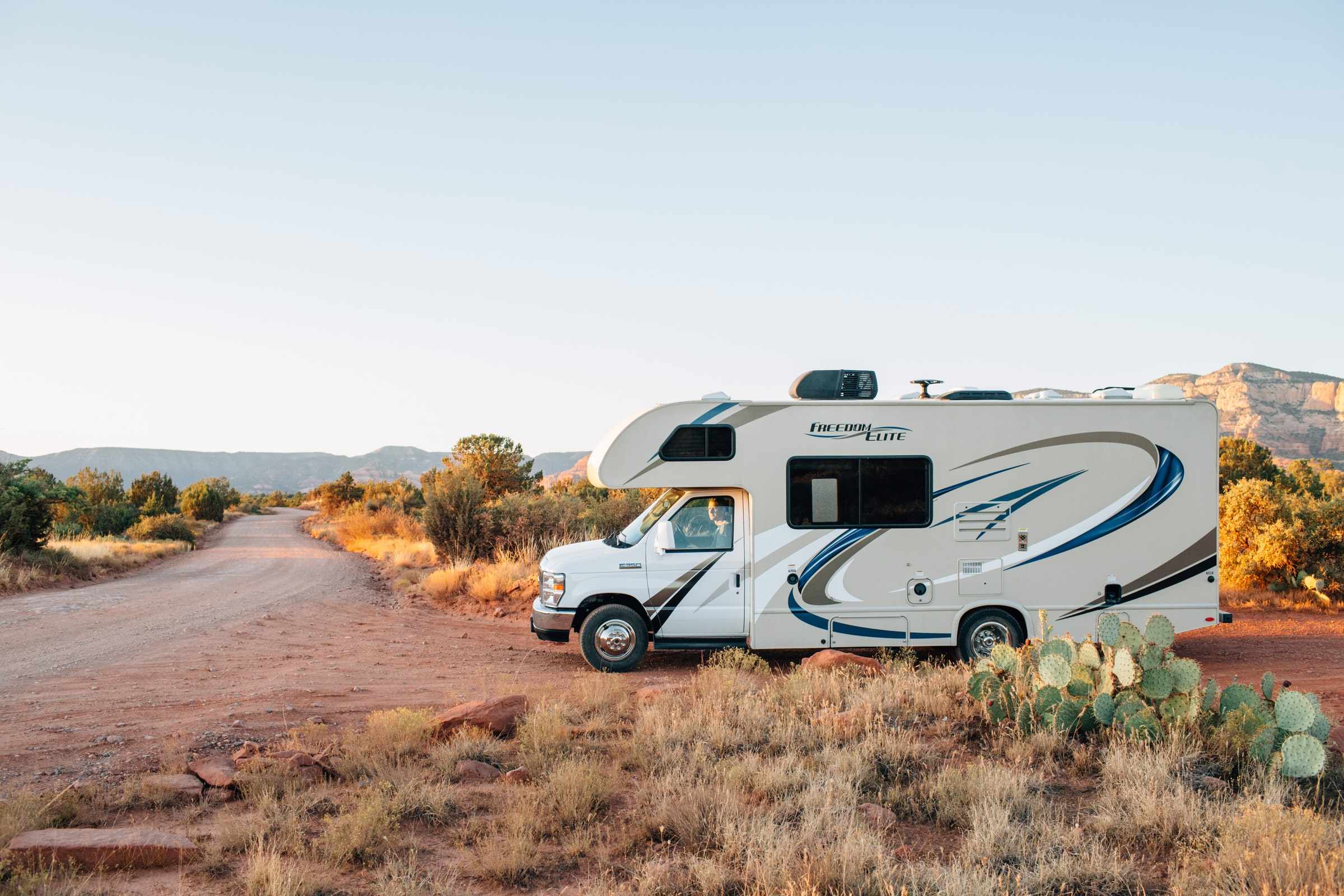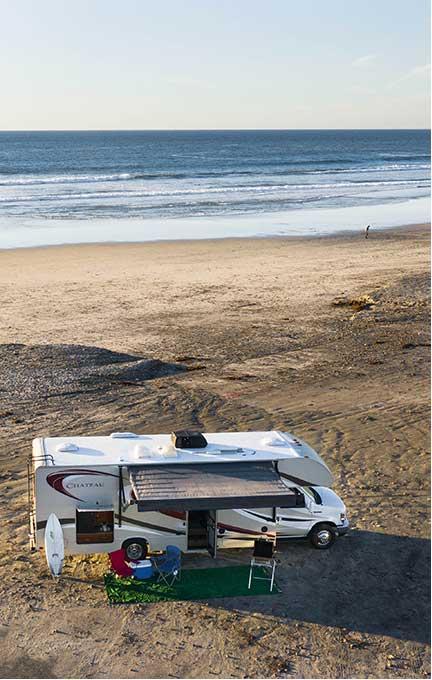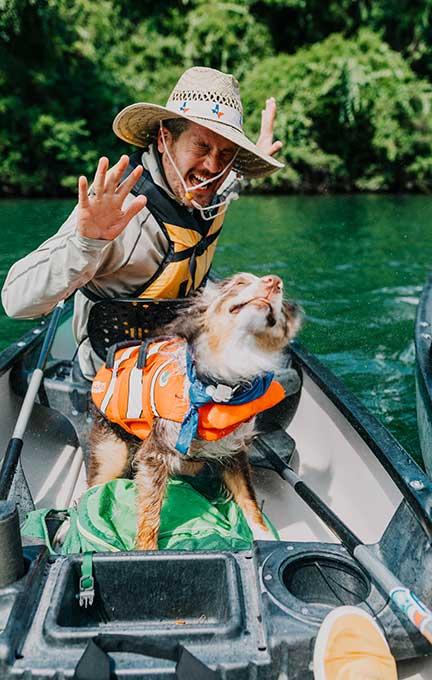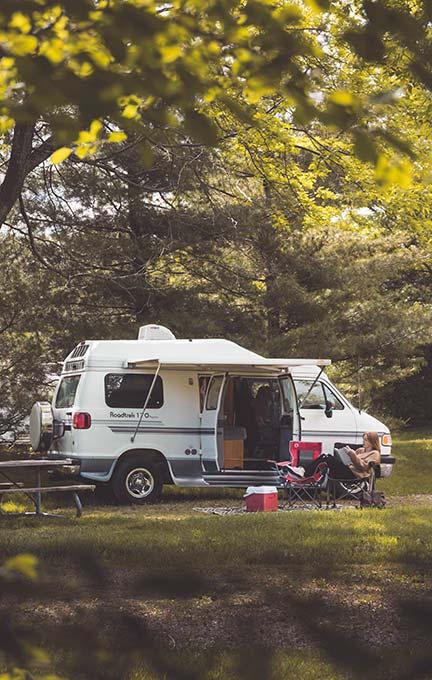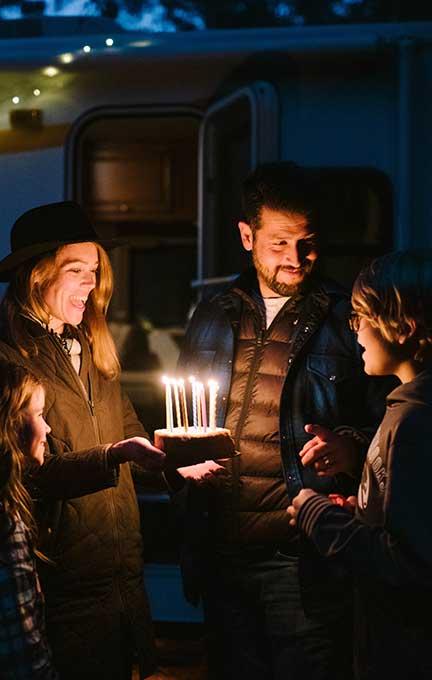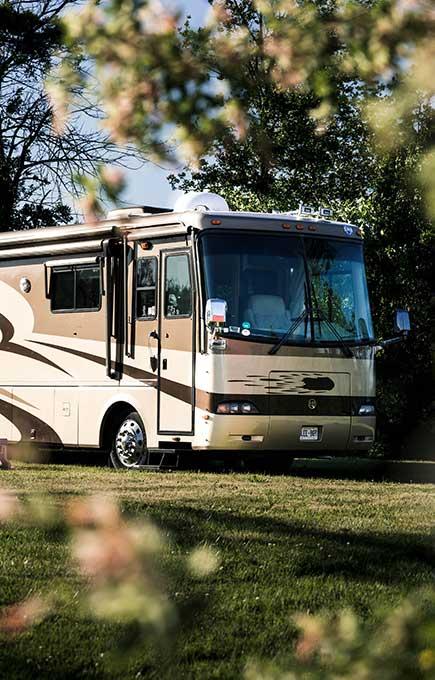Connecting people with the great outdoors is one of our missions here at Outdoorsy. Amazing places, amazing people, and fantastic critters are waiting for you to discover them. But one place you don’t want to discover wild critters is inside your RV! Here are some tips and strategies for keeping pests out of your RV.
Ground Rules
The one thing you won’t find here is anything that poses a serious danger to our wild places or the critters that live in them. That means most of your defenses are deployed inside your RV. it also means no poisons that could get out into the environment and threaten the wildlife. As earnest outdoor enthusiasts, we want to preserve and protect the wild places we love!
Watch for hitchhikers
Some of the worst pests to get in your RV are fleas, ticks, and other blood-sucking critters. Ticks are especially dangerous in some parts of the country due to the spread of Lime Disease. The main way they get into your trailer is by hitching a ride on you, your gear, and your pets. You have three lines of defense against these unwanted passengers.
Don’t pick them up
If you take your pets out, I recommend using a tick collar while you are outside. It’s the easiest way to protect pets and its unlikely to pollute the environment. For yourself, a spray or oil you can apply to your legs and pants is a good precaution.
For both you and your pets, staying out of tall grass, underbrush, or shaded areas under trees will minimize your exposure. Ticks attack when you brush through their nests and they make those where they are hidden and shaded from direct sunlight. If you stay on the trails or open terrain, you minimize your chance of exposure.
Brush em off
After a trip through tick country, before you enter your RV, do a pest check on everyone and everything that might have become infested. Brush off your pant legs, socks and shoes. Check your legs for any unwanted dinner guests. Shake out and brush off any camping equipment that touched the ground, especially blankets and chairs. Do an inspection of your pets to check for any crawly critters in their fur.
Keep em contained
In case you missed any bloodsuckers, it is recommended that you change out of your hiking clothes once you get into your trailer. Put them directly into a secure laundry container and keep them there until you can wash them. Especially pants and socks. You only need to worry about other apparel if they came into contact with potential tick hiding places. This is also a good time to consider a shower. If your pets start scratching and chewing on themselves beyond the usual, its time to give them a thorough check and deal with anything you find.
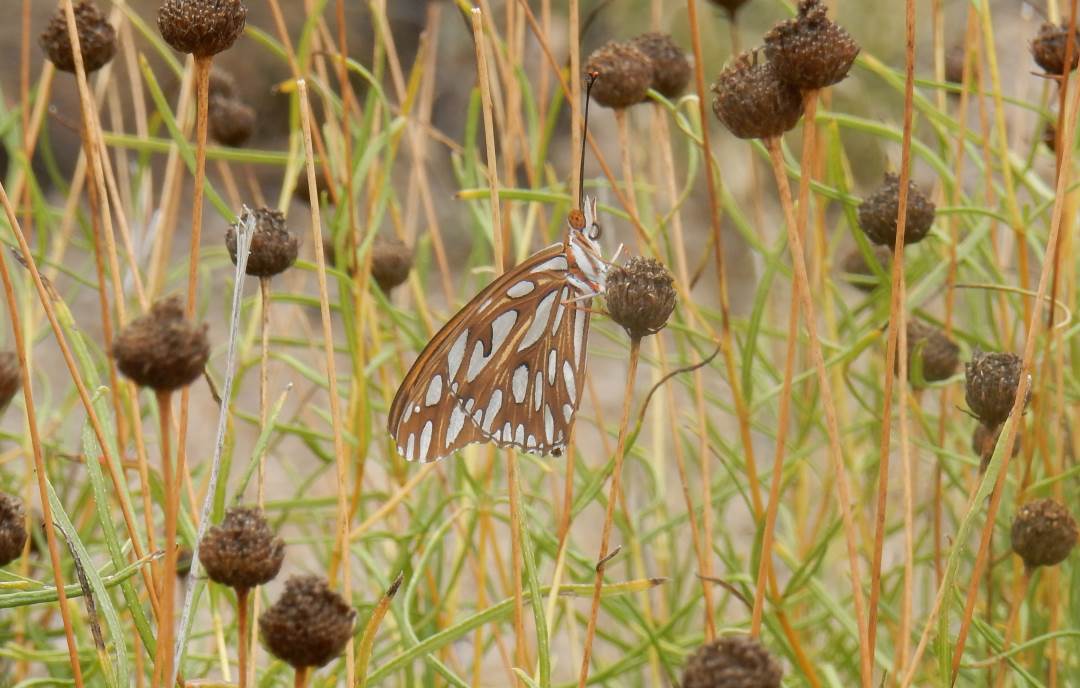
No free lunch
Critters want two things from your RV: food and shelter. There isn’t much you can do about the shelter unless you like freezing yourself. That said, there is a lot you can do to keep it from being a mobile wilderness food truck for bugs, rodents, and other would-be diners.
- Keep it Clean: Always clean up after you cook. Even grease on the walls of your galley makes a tasty snack for the kinds of pests that can sneak into your RV. Dishes should be cleaned up ASAP. Watch for crumbs and other debris.
- Don’t leave food out: Seal up your food in plastic or metal containers. Cardboard boxes are generally a half measure. Mice like to chew them up for nesting material and will find the food before long as will some types of bugs. Remember that pet food is also pest food. Don’t just keep pet food out at all times.
- Seal up garbage: Pests are happy to eat your rotting leftovers, don’t give them the chance by using a well-sealed trash container.
- Scent warfare: Smell is what leads most pests to your garbage. By using scents that they don’t care for in your galley near trash, you can deter them to some extent.
Batten down the hatches
It’s fairly obvious that the fewer openings you leave for critters, the less likely they will get into your RV. Having good screens for your doors and windows allows you to get fresh air without a fresh supply of flying bugs or curious mice.
It’s worth inspecting the undercarriage of your RV for any likely points of entry for critters, especially on an older RV. You can get openings that you wouldn’t see from the inside, but which mice or other small animals could crawl into and get inside the floor or walls of your trailer. Seal those up if you find them.
Mud daubers are a type of wasp that are famous for trying to make a home in RVs. Many wasps are attracted to the exhaust from RV refrigerators. If you have trouble with these guys, then putting screens on your exhaust ports is a good idea.
Finally, don’t leave your sewage hose open and connected at all times. Try to keep it off or closed when not in use. Cockroaches can get into your black tank through your sewage hose and from there, infiltrate the rest of your trailer. If you only have it open while draining, that’s nearly impossible.
Hire a security guard
Cats and dogs have been helping humans keep control of pests for millennia. Their scent and presence deter some pests from making a home in your RV and they will actively hunt them in some cases. Pets can work against you by being a vector by which bugs can get in your RV, but the right pet can be an effective RV guardian. Pets can bring their own challenges, but they make great adventure companions!
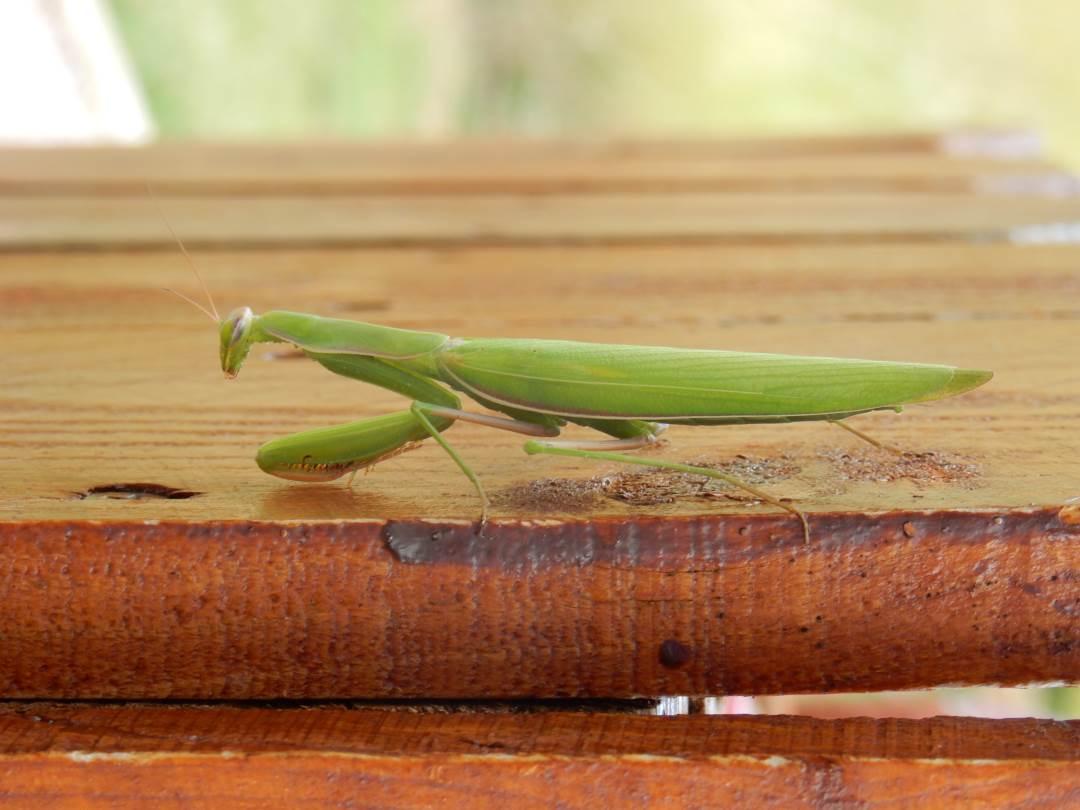
Rapid response
If unwanted wildlife does make a home in your RV you want to respond with an eviction as soon as possible. If you use a poison or insecticide, don’t get the ones that promise to poison a whole colony. You want something that kills the pests instantly and then you want to dispose of them in the trash, so the poison doesn’t get out into the wild and make other animals sick. If you do need something stronger, or a full fumigation, wait until you are out of a wilderness area to do it.
Try to make sure you deprive whatever is invading your space of any food source. Often starvation can finish off invaders in hard to reach places within your RV. They will either self-evacuate or perish.
Don’t let a few bugs stop you from loving the outdoors. Book your dream RV for a fantastic wilderness adventure today!
